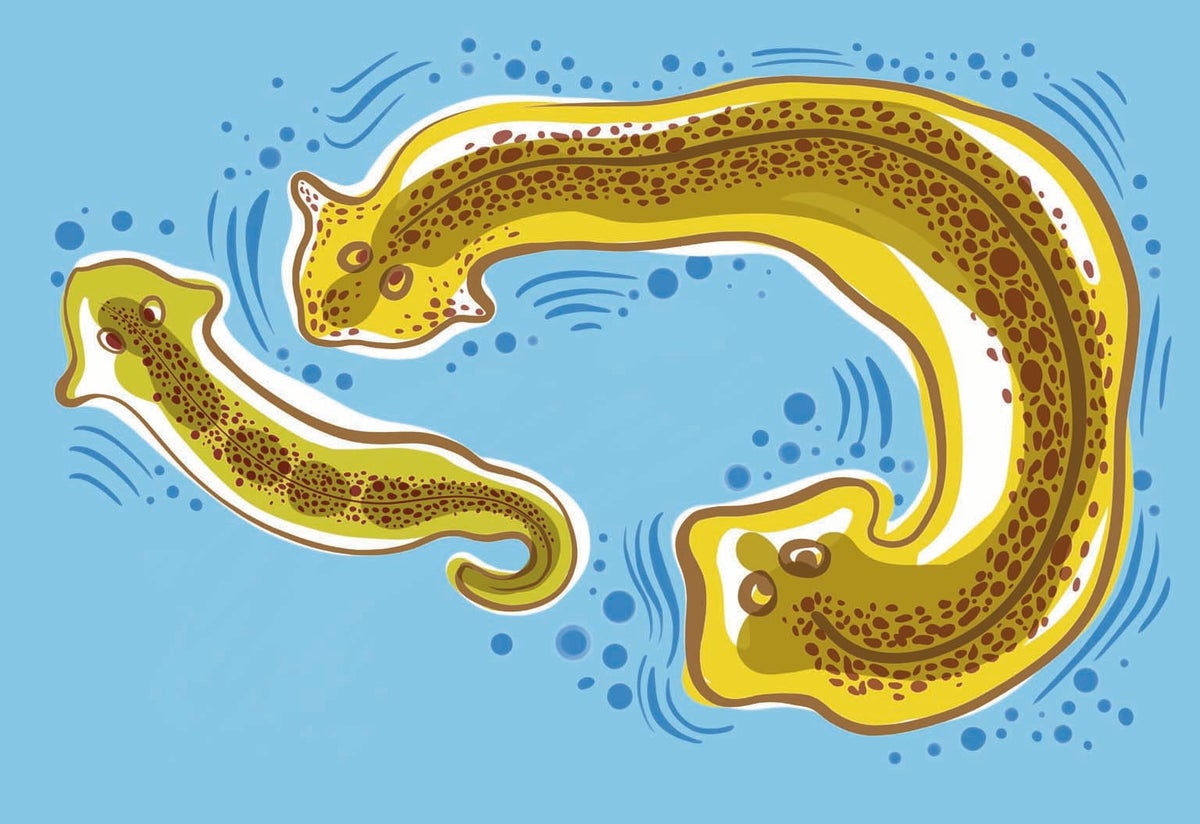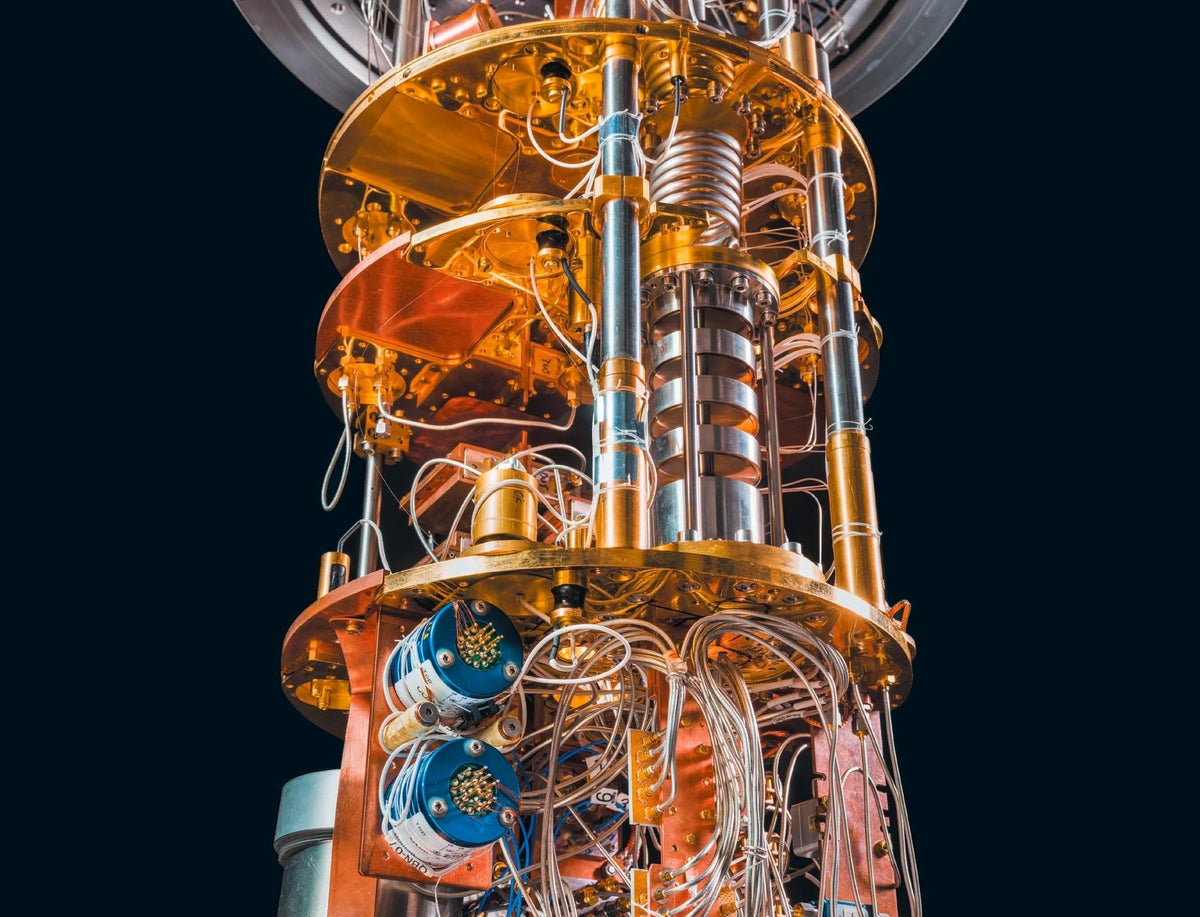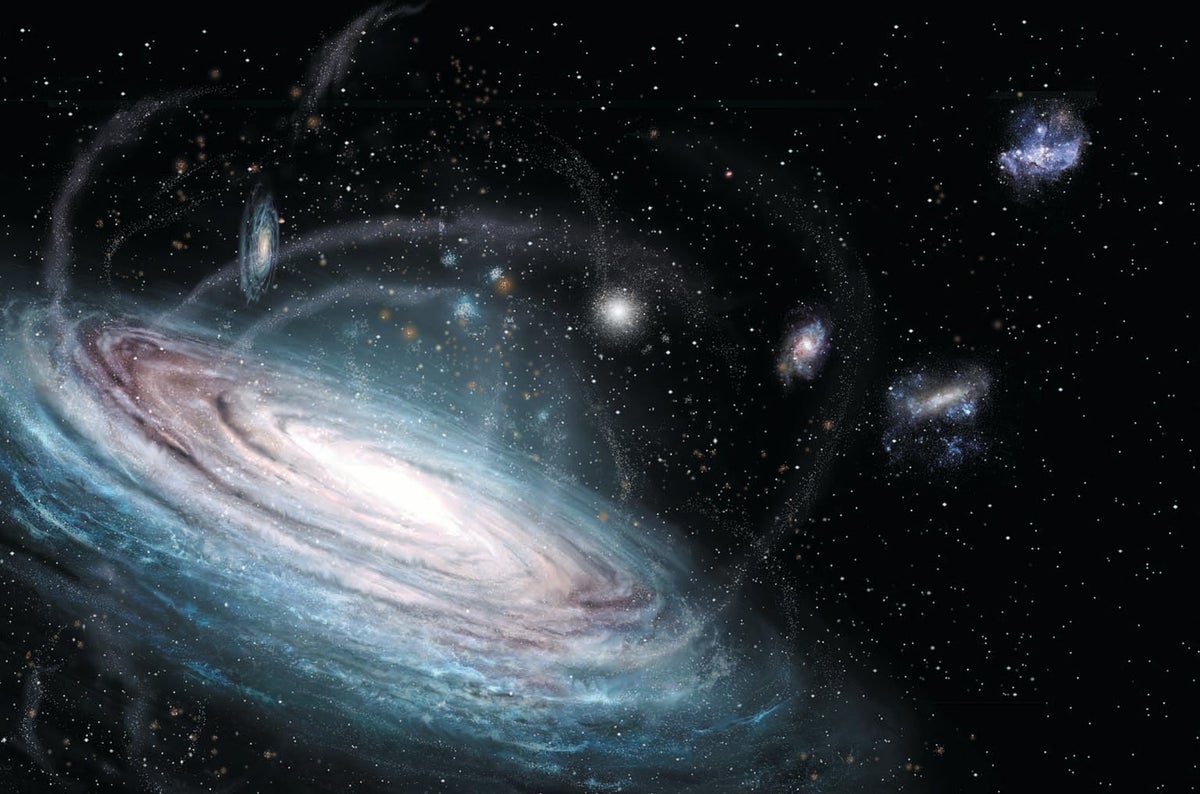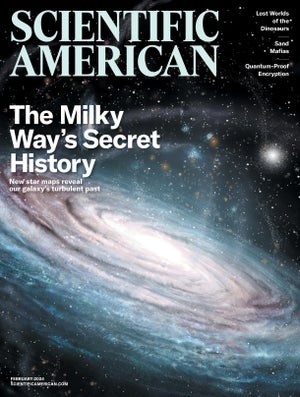| | | Dear Friend of Scientific American,
One of my favorite abbreviations is "TIL" for "today I learned." Whenever someone starts a social media post or short video with TIL, you know they're going to share something that tickled them and that they think would tickle you. When we were putting together the February issue of Scientific American, I learned: if you teach a planaria worm where to find food, then decapitate it and throw away the head – it's okay, the tail section grows a new head – the regenerated worm remembers where to find the food. Why have brains, anyway? This sort of finding is the basis of a new research field called "basal cognition," and it's full of examples of just plain cells that remember experiences.
TIL that quantum computers are expected to break today's best, essential cryptography, the code that allows you to shop online or send confidential info. That's a today problem, not a tomorrow problem, because anything you want to keep secret today is vulnerable. The National Institute of Standards and Technology held a contest for quantum-proof cryptography, and the winners came up with ways to make it work.
TIL that organized crime is illegally mining sand. It's not as flashy as other criminal conspiracies, but it's devastating river banks and shorelines, all driven by demand for cement. TIL that waiting to clip the umbilical cord of premature babies dramatically improved survival. And TIL that the Milky Way's history is way more tumultuous than astronomers or anybody realized until recently. A new map of the Milky Way captures "the single largest increase in astronomical knowledge in, like, forever" says astronomer Charlie Conroy. "It's been shocking."
We hope you enjoy these stories and all the others in our February 2024 issue of Scientific American and the rest of our website.
Laura Helmuth
Editor-in-Chief
Scientific American | | | | | | | | | February Issue Highlights | | | | | | | | | | | | | | | | |
| | | | | | | Read the latest issue! | | New star maps reveal our galaxy's turbulent past. | | | | | | | | | |  | |
To view this email as a web page, go here.
You received this email because you opted-in to receive email from Scientific American.
To ensure delivery please add chiefeditor@scientificamerican.com to your address book.
Unsubscribe Email Preferences Privacy Policy Contact Us








Comments
Post a Comment